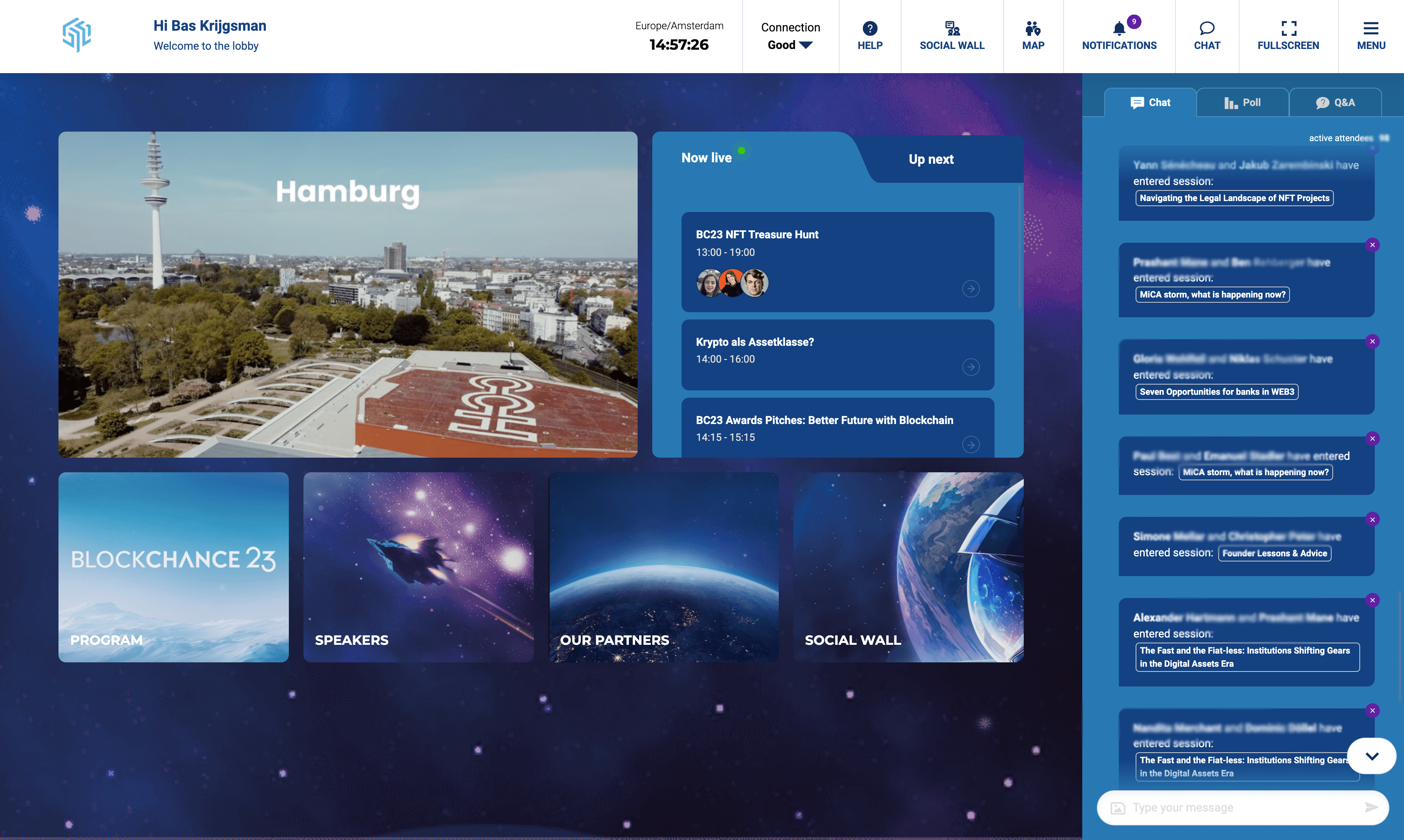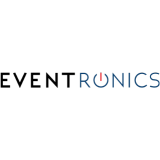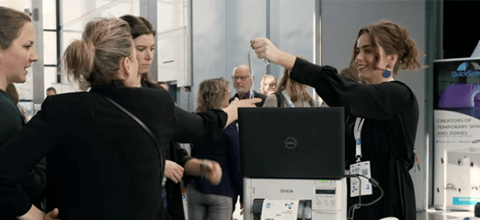Virtual Event Solutions
Elevate Your Events to new heights with Let's Get Digitals' virtual technologies.
Maximise the ROI of Your ONLINE events
Our Virtual Event Solution creates a well-organized, engaging, and branded event that not only delights attendees but also enhances your event's impact, ensuring a strong return on investment.
- Event Registration
- Virtual Event Platform
- Video on Demand

Streamlined event success in one tool
Experience the X-Factor of Virtual Events with ease. Simplify event management, maximize ROI, and impress attendees, all while giving sponsors the visibility they deserve.
- Your key to creating relevant connections, fostering engagement, and unlocking networking benefits that are simply unmatched.
- Put sponsors in the spotlight with enhanced visibility opportunities. They'll love the exposure and engagement, while you'll love the added revenue.
- X-Factor in Every Detail: From a virtual lobby to the Shake Up Sensations, infuse your events with unique experiences that set you apart. Attendees will be captivated, and sponsors delighted.
Trusted by more than 3000+ leading events
How does Let´s Get Digital optimize event ROI?
By streamlining attendee management, personalizing attendee experiences, and improving sponsor visibility. You can make data-driven decisions, improve engagement, and attract more sponsors, ultimately increasing the ROI.
What benefits does this solution offer for sponsor visibility?
Our solution enhances sponsor visibility through customizable sponsor booths on the platform, increased networking opportunities, and sponsored features, like advertisements and networking tables.
What does the All-In-One Solution includes?
Our All-In-One Solution seamlessly integrates Registration, Virtual Event Platform, and Video on Demand. It offers a complete suite of tools to boost ROI, engage attendees, and enhance sponsor visibility—all within a single, powerful platform.
How user-friendly is Let's Get Digital for event managers?
Our solution is designed for ease of use. Event managers can effortlessly navigate the platform, from customizing registration forms to managing attendee data and accessing analytics.
Some of our most-powerful features for your Virtual event
Event Shake Up
Prepare for an electrifying experience. It's the feature that will rock your virtual world, adding an extra layer of excitement to all your attendees.
Networking Carousel
Meeting new people has never been easier. With this speed dating option, you will have expanded your network in a matter of minutes.
Connection Centre
Your hub for networking excellence. Seamlessly let attendees engage with relevant participants, speakers, and exhibitors that are looking for you.
Lobby Area
Welcome attendees with a captivating live feed that sets the tone for your virtual event in a virtual entrance hall.
Sponsor Booths
Showcase your sponsors with their own showroom. Provide them with a dedicated space to engage attendees and maximize their ROI.
Looking for more?
We've developed over 50+ additional features tailored to meet your specific goals. Explore the possibilities, and contact us to find out more.
98%
Of our clients would recommend us to their peers in the event industry.


"At Eventronics, we love Let's Get Digital because it gives our attendees the feeling as if they're physically present at the events we organize."

Specifically developed for your B2B events
- Automated playbooks
- Developed with event managers
- Focused on time reduction
Exhibitions & Trade Shows
Create happy exhibitors by providing more return of investment.
- Easy lead generation
- More exposure for companies
- Fast & Professional check-in
Networking events & Summits
Bring the right people together at the right place.
- New connections for (relevant) attendees
- Unique experience that are remembered
- Pre & post event engagement
Congresses & Conferences
Build a knowledge network around a specific topic.
- Create communities that last
- Gather Insights from your visitors' feedback
- Save time in administrative tasks
Recruitment & Career events
Help your attendees to find the right job instantly.
- Companies meet relevant candidates
- More exposure for companies
- Fast & Professional check-in
Open (Business) Days
Show your attendees that your organization stands out.
- Offer unique tours through the locations
- Expand your audience and reach more students & clients
- Gather valuable insights & data
Travel & Celebration events
When you want to delivery something extra to your attendees.
- Save time!
- Information & direct communication
- Create communities that last
Other event?
We help out the most of the B2B events. Talk to on our sales consultants to discover in 15 minutes how we can help you out.
And if we can't, we will provide you with the right supplier. Promised!





